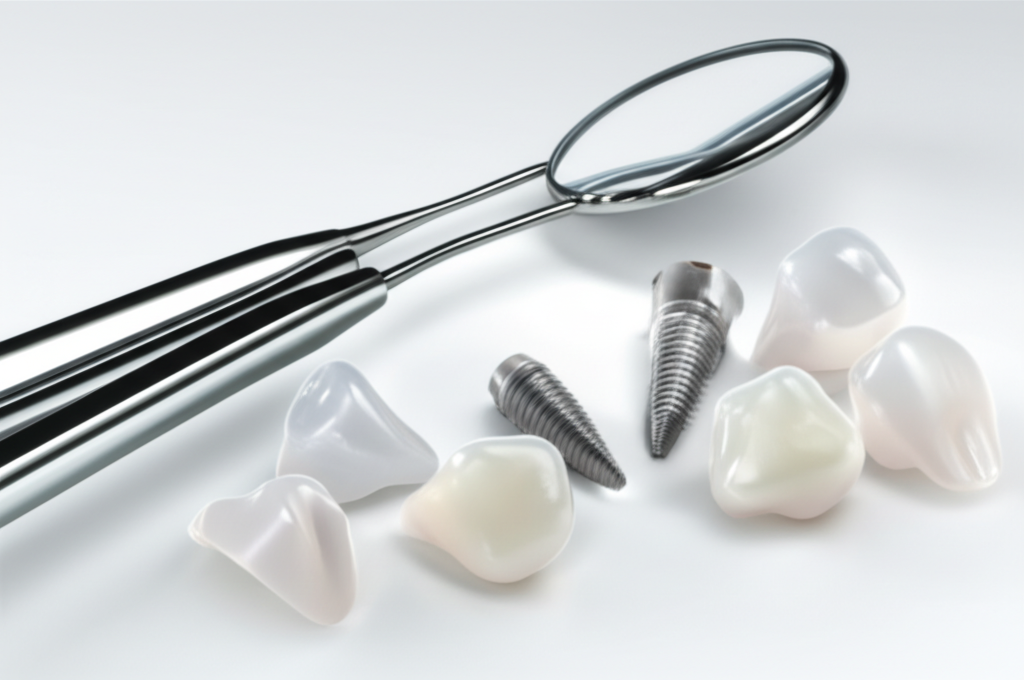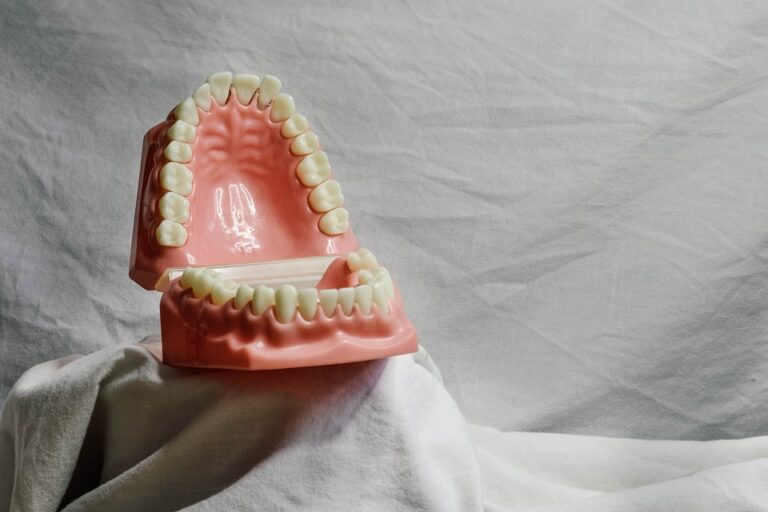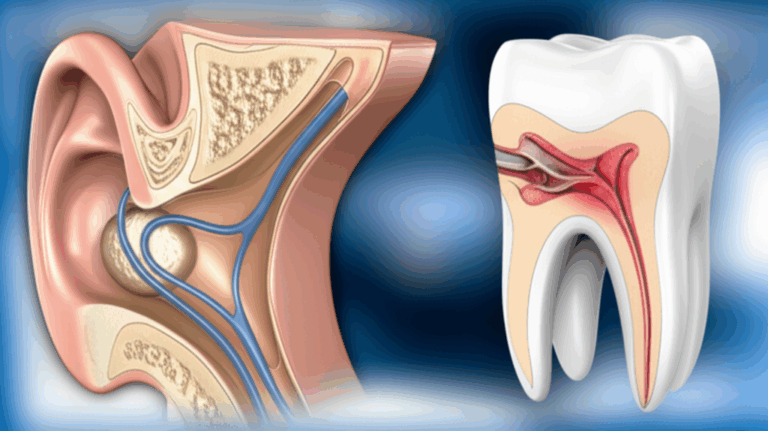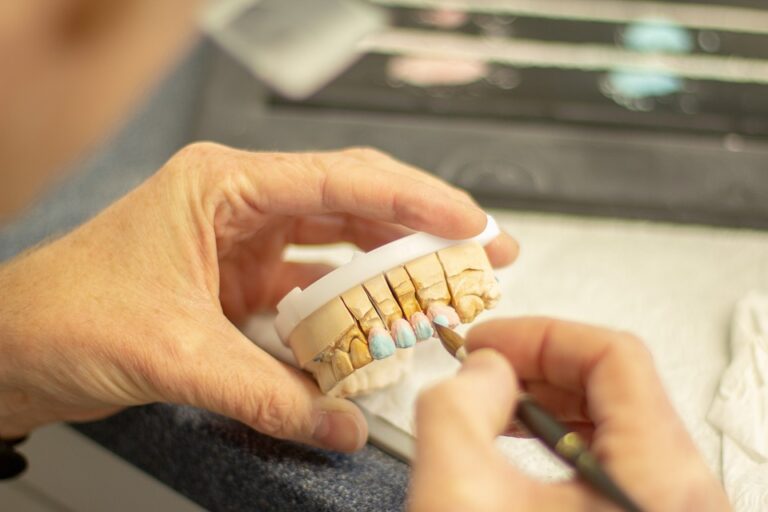
Does AARP Delta Dental Cover Implants? Understanding Your Coverage & Costs
Dental implants can change your life. But are they covered by your AARP Delta Dental plan? This guide breaks down what you need to know about implant coverage, costs, and how to get the most out of your dental insurance. If you’re a senior or AARP member, keep reading—you’ll learn what really matters.
Table of Contents
Why Are Dental Implants a Big Deal for Seniors?
Let me tell you a story. A friend of mine, let’s call her Mary, lost her front tooth in her 60s. Dentures didn’t feel right for her. Eating, speaking, or even just smiling made her feel awkward. When her dentist suggested a dental implant, the idea seemed right—but the price was a real shock.
Sound familiar? As we get older, more of us have big teeth health problems—missing teeth, gum diseases, or dentures that move around. Dental implants are a real upgrade for seniors. They’re strong, look real, and can let you eat your favorite foods again. But here’s the real problem: they’re expensive.
The price can be anywhere from $3,000 to $6,000 for one tooth. Full mouth implants? It could be $25,000 to $75,000 for just the upper or lower jaw. That’s why many seniors ask: “Does my insurance through AARP and Delta Dental help with implants?”
What Is AARP Delta Dental Insurance?
AARP works with Delta Dental to offer dental insurance for members, made mostly for people over 50. There are a few types of plans:
- Delta Dental PPO: Lets you pick from a big group of dentists.
- Delta Dental Premier: Even more dentist choices, usually at a higher monthly cost.
- DeltaCare USA (HMO): Costs less, but you can only go to certain dentists.
These plans help pay for cleanings, fillings, crowns, and sometimes bigger jobs like implants. But not all plans are the same. The details really matter—especially with something this big.
If you want to learn more about modern dental work, check out this digital dental lab for how they work with your dentist.
Do AARP Delta Dental Plans Cover Dental Implants?
Here’s the simple truth: It depends on your plan. Some AARP Delta Dental plans will help pay for dental implants, but others won’t cover them at all.
What Usually Affects Coverage?
- Plan Type: PPO and Premier plans are more likely to help with implants than DeltaCare USA.
- Waiting Period: Many plans make you wait 6–12 months before they’ll pay for big treatments like implants.
- Annual Maximum: This is the most the plan will pay each year—often $1,000 to $2,500. Implants cost more, so you still pay a lot yourself.
- Coinsurance: After you pay your deductible, the plan pays a part (often 50%) of the fixed price. You pay the rest.
For example, say you have a PPO plan with a $50 deductible, a $1,500 yearly max, and 50% coverage for implants:
| Step | Cost with Insurance ($) |
|---|---|
| Cost of implant, abutment, crown | 4,000 |
| Deductible | 50 |
| Plan covers 50% | 1,975 |
| Annual max | 1,500 |
| You pay out-of-pocket | 2,500 |
Even when the plan “covers” implants, you might pay a lot because of the yearly limit.
What Kind of Procedures Count as Implant-Related?
Dental implant work is not just about putting a screw in your jaw. It often has a few steps, and what’s covered can change depending on the step. Here’s what you might see:
Covered (sometimes):
- Implant placement (fixture): The main part of the implant put into your jaw.
- Abutment: The small piece connecting the implant and the crown.
- Implant crown: The tooth that sits on the implant.
Often partly covered or not covered:
- Bone graft: Extra bone added if your jaw isn’t thick enough. Sometimes covered, sometimes not.
- Sinus lift: Extra step if bone is needed near the top jaw.
- Extractions: Usually covered as a “basic” treatment.
- Temporary crowns or dentures: Depends on the plan.
If you want to know more about how dental labs make implant parts, see this implant dental laboratory.
What Does It Cost to Get Dental Implants With AARP Delta Dental?
Let’s keep it simple—insurance helps, but might not pay for everything. Here’s a table with usual costs:
| Category | Cost Range | Details |
|---|---|---|
| Single implant (no insurance) | $3,000 – $6,000 | Includes crown, abutment, and fixture |
| Full mouth (All-on-4/6) | $25,000 – $75,000+ (arch) | With insurance, you still pay most because of yearly maximums |
| Coverage % (implants) | 0% – 50% | Depends on your plan. Premier plans may help more |
| Average annual maximum | $1,000 – $2,500 | Many plans hit this with just one implant |
| Deductible | $0 – $100 per person | You pay this first before the plan pays its share |
| Waiting period (major services) | 6 – 12 months | Implants may have a longer wait after starting the plan |
| Bone graft/sinus lift coverage | 0% – 20% | Sometimes health insurance helps if it’s about your health |
Remember: Each AARP Delta Dental plan is different. Always check your own policy or ask your dental office for a cost guess before you start.
How Can You Find Out Exactly What’s Covered?
This is the step I always tell people: Don’t guess—get real info! Here’s how:
1. Check Your Plan Papers
Read your policy book or summary. Look for parts about “Major Restorative,” “Implants,”, “Annual Maximum,” and “Waiting Period.” They tell you what’s covered and what’s not.
2. Use the Member Portal or Call Delta Dental
Sign in to your Delta Dental account online or call the phone number on your card. Ask these questions:
- Are dental implants covered by my plan?
- What’s the coverage percent for implants?
- What is my yearly max?
- Is there a waiting time or any exclusions?
3. Ask Your Dentist for a Pre-Treatment Estimate
Dental offices do this all the time. They send your insurance a plan for your treatment. You get a paper showing what insurance will pay and what you will pay.
Can You Save Money on Dental Implants as an AARP Member?
Yes! Even though dental insurance only helps so much, you can still lower costs. Here’s how:
- Use In-network Dentists: PPO and Premier plans are cheaper if you use their dentists. Out-of-network is more expensive.
- Spread Out Treatment: Because of yearly max limits, you can do the implant step by step—put the implant in this year, finish the crown next year after your benefits restart.
- Get Pre-approval: Don’t start until you know what they’ll pay. Surprises are no fun.
- Ask About Discounts or Payment Plans: Many dentists have payment plans. Some seniors can get grants for dental work. Use money from a Health Savings Account (HSA) or Flexible Spending Account (FSA) if you have one.
- Dental Schools: Student dentists (watched by teachers) often charge less. This suits some people well.
What Should You Watch Out For in Your Plan?
Dental insurance can have a lot of “small print.” Here’s what upsets most people:
- Yearly Maximums: When you reach the yearly limit, you pay the rest—even if it’s a lot.
- Exclusion Lists: Some plans just say “no” to implants.
- Missing Tooth Rule: Some insurance won’t cover an implant if the tooth was already gone before you started your plan.
- Waiting Times: Waiting starts the day you sign up.
- Dentist Rules: DeltaCare USA (the HMO) only allows some dentists.
Don’t be shy about asking questions. And don’t assume you have the same coverage as a friend. Plans can change from year to year.
What Can You Do if Your Claim Gets Denied?
Let’s be honest, sometimes insurance just says, “no.” If your implant claim is denied, don’t give up:
What Are Some Alternatives If Implants Aren’t Fully Covered?
Dental implants are the “best” fix, but there are other ways to fix your smile and eat better:
- Dentures: Old-school, removable teeth; cheaper up-front.
- Dental Bridges: Fixed in your mouth but use your other teeth next to the empty spot.
- Mini Implants: Not for everyone but sometimes less expensive and quicker.
- Discount Plans: Some companies lower fees if you pay the full price out-of-pocket.
- Community Clinics: Some non-profits or schools have cheaper dental care for seniors.
Frequently Asked Questions
Q: Does AARP Delta Dental cover All-on-4 implants?
A: Most plans will only pay up to your yearly cap (often $1,000–$2,500) for any implant work. Full-jaw implants usually cost much more, so you’ll pay most of it yourself.
Q: Does Delta Dental cover bone grafts or sinus lifts?
A: Coverage for these extra surgeries is mixed. Sometimes, your health insurance will help if it’s really needed for your health.
Q: Are there any AARP dental plans that cover implants right away?
A: Most plans have a waiting time for implants or other big services. Some higher-cost plans for seniors may skip waiting, but usually you pay more for those.
Summary: Key Takeaways
- AARP Delta Dental implant help depends on your exact plan. Check the rules for PPO, Premier, or DeltaCare USA before you sign up.
- Yearly limits and waiting times keep benefits small. Even if implants are “included,” your plan may pay only a small amount of your bill.
- Implant-related treatments—like bone grafts, abutments, and crowns—each have their own rules.
- Get a cost estimate from your dentist or the Delta Dental portal so you’re not surprised.
- If your claim is denied, you can appeal. Your dentist and a letter can make a difference.
- Look into other repair options, payment plans, or use HSA and FSA money to help with cost.
Remember, your smile is worth it. Take time to check your plan, ask questions, and don’t be afraid to look at choices that fit your needs and your wallet. For more guides and help on dental health, see dental care.








